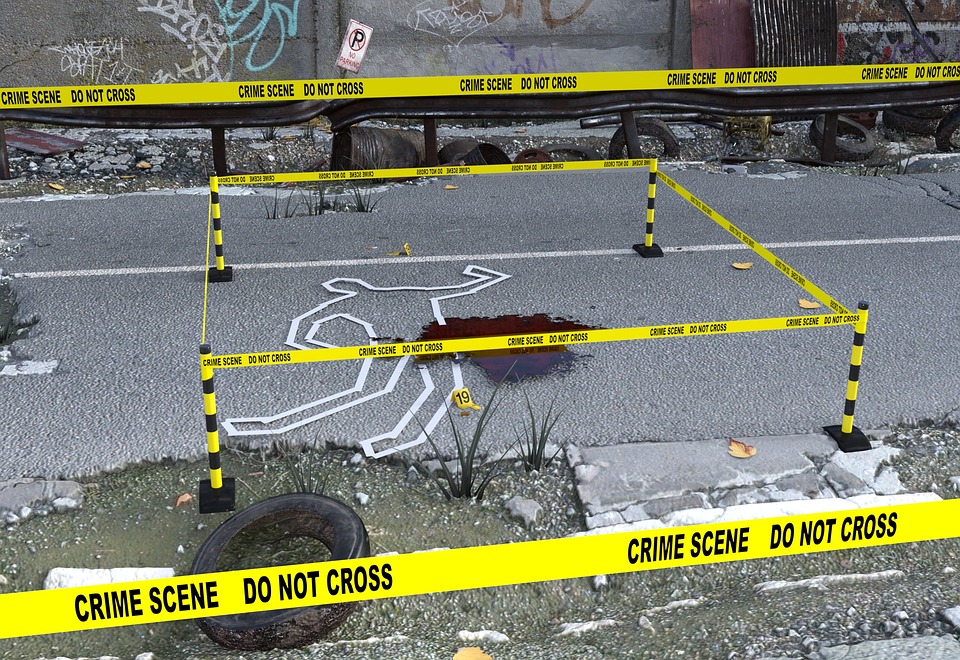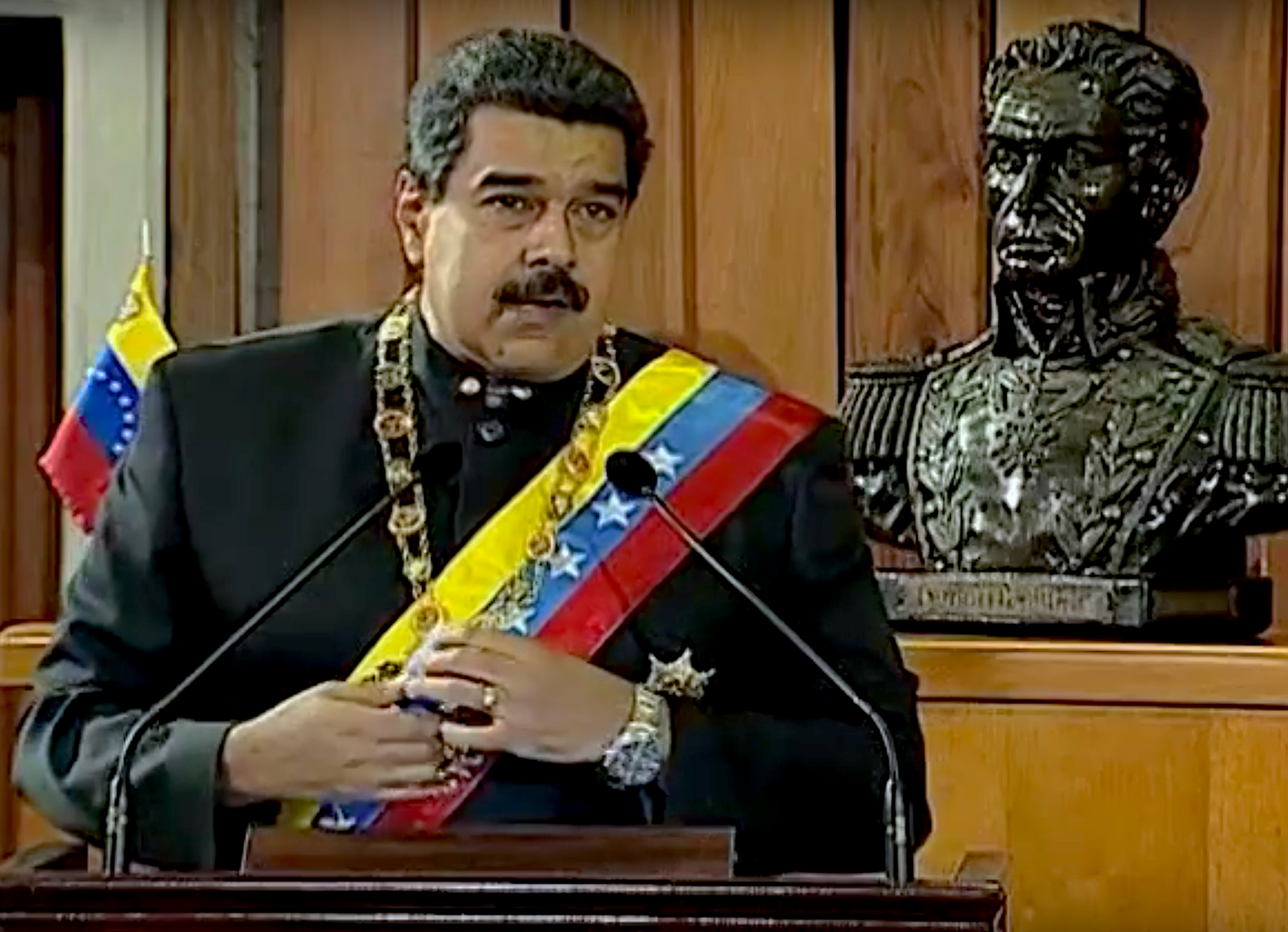This post is also available in:
 עברית (Hebrew)
עברית (Hebrew)
There is a concerning expansion and evolution of serious and organized crime in the EU, warns the EUROPOL assessment EU SOCTA 2021.
Published every four years, the document warns of the potential long-term implications of the COVID-19 pandemic and how these may create ideal conditions for crime to thrive in the future. The report clearly highlights serious and organized crime as the key internal security challenge currently facing the EU and its Member States.
The SOCTA 2021 is the most comprehensive and in-depth study of serious and organized crime in the EU ever undertaken, according to hstoday.us.
Serious and organized crime encompasses a diverse range of criminal phenomena ranging from the trade in illegal drugs to crimes such as migrant smuggling and the trafficking in human beings, economic and financial crime and many more.
The analysis highlights aspects such as the widespread use of corruption, the infiltration and exploitation of legal business structures for all types of criminal activity, and the existence of a parallel underground financial system that allows criminals to move and invest their multi-billion euro profits.
Among the findings, the report says serious and organized crime has never posed as high a threat to the EU and its citizens as it does today.
With nearly 40 percent of the criminal networks active in drugs trafficking, the production and trafficking of drugs remains the largest criminal business in the EU.
Criminals employ corruption. Almost 60% of the criminal networks reported engage in corruption.
Criminals make and launder billions of euros annually. The scale and complexity of money laundering activities in the EU have previously been underestimated. Professional money launderers have established a parallel underground financial system and use any means to infiltrate and undermine Europe’s economies and societies.
Legal business structures are used to facilitate virtually all types of criminal activity with an impact on the EU. More than 80% of the criminal networks active in the EU use legal business structures for their criminal activities.
Virtually all criminal activities now feature some online component and many crimes have fully migrated online. Criminals exploit encrypted communications to network among each other, use social media and instant messaging services to reach a larger audience to advertise illegal goods, or spread disinformation.
Ylva Johansson, European Commissioner for Home Affairs said the 2021 SOCTA report clearly shows that organized crime is a truly transnational threat. “70% of criminal groups are active in more than three Member States.”


























